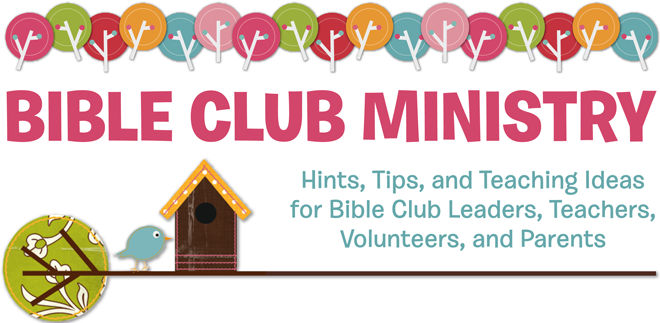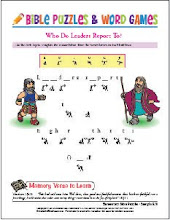During the lesson, ask the children to name people who help take care of them. Then say, "I’m glad God planned for people to care for us. Let’s listen quietly to a Bible story about a boy whose mother loved him very much. This is a true story from God's Word, the Bible." Hold your open Bible as you tell the story of baby Moses from Exodus 2:1-10. Hold up the baby Moses figure when you mention Moses. Hold up the basket when you mention how Jochebed made it. Then place Moses in the basket when you get to that point in the story. Open the basket (or have a a child open it) when you tell how Pharaoh's daughter found Moses in the basket.
After the story, give each child scissors, crayons, glue, and the activity sheets from below. Let each child color and cut out the basket and baby Moses. Show the children how to glue the basket pieces back to back and glue Moses in the basket. Help them fold down the basket lid. Point to the Bible verse on the basket as you say it, "Let us love one another" — John 4:7. Have the children say it with you. Talk about ways the children can show love to others. (being helpful, sharing, saying kind words, etc.)
(This activity is taken from Bible Foundations Downloadable Curriculum for Preschool. To download an entire Bible Foundations lesson for preschool, early elementary, or late elementary ages, visit our Bible Foundations Samples Page.)

Click on the image above to download the craft.








